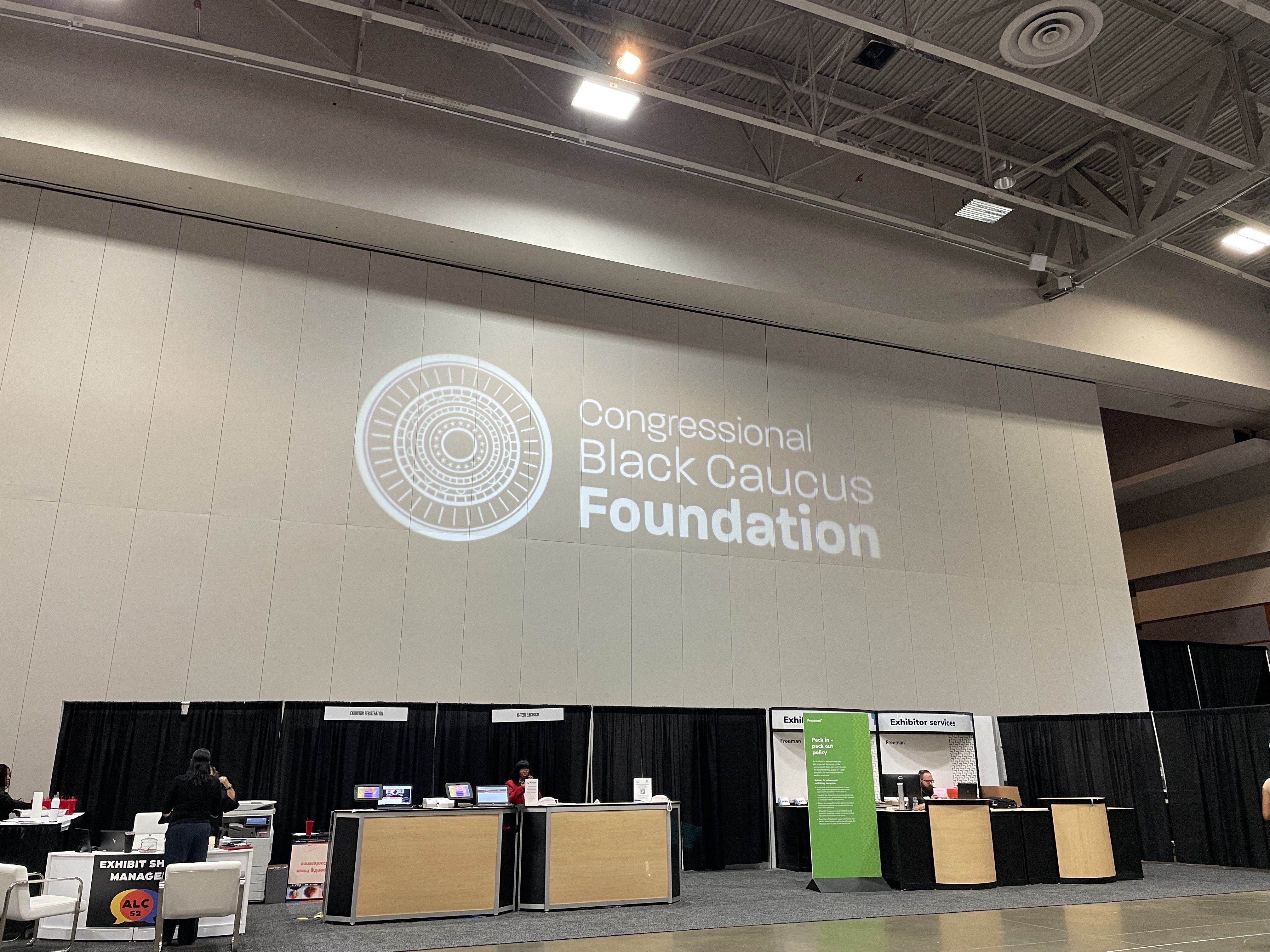Rates of mental health crisis scenarios have a significant tie to demographics.
On Friday, a panel of mental health experts gathered together, hosted by Louisiana Rep. Troy Carter, at the Congressional Black Caucus Foundation Conference in Washington, D.C. to talk about suicide prevention and mental health for Black youth.
And the data is there to back up their concern.
The Kaiser Family Foundation released a study showing that rates of death by suicide spiked significantly more among certain racial and ethnic groups in recent years.
Organizers of Friday's panel, titled "Our Kids Are NOT OK, and Neither Are We; Mental Health and Wellness in the Black Community," highlighted a study which pointed to an alarming jump in suicide attempts among Black youth.
The study, published on the JAMA Network, found that young Black males had the greatest increase in nonfatal suicide attempts among all races and genders studied in research involving self-reported data.

Dr. Shairi Turner, the chief health officer with Crisis Text Line, talked about trauma and what she describes as an event that affects people either psychologically or physically.
Dr. Turner describes trauma in three ways. She has laid out examples of acute trauma, which could be a car accident that affects someone psychologically. There is also chronic trauma, that might be ongoing child abuse, or sexual abuse. There is also complex trauma, Dr. Turner explained, in which various types of trauma can be layered on top of one another, possibly over a long time period — which can make the impact greater.
Dr. Turner describes in her work something known as vicarious trauma, which is the hearing and experiencing of other people's trauma which she describes as leaving behind a sort of "emotional residue."
SEE MORE: Study: Less than half of Gen Z thriving, lowest among all generations
Crisis Text Line, a service that is available 24/7, allows those experiencing a mental health crisis to connect by text to volunteer crisis counselors from anywhere in the United States.
The team works to help with traumatic situations including gun violence, eating disorders, self-harm, anxiety, depression and suicide.
KFF found that a recent rise in drug-associated deaths, while tragically affecting people across the country, disproportionately affected people of color.
In the United States, suicide is the second leading cause of death in young people age 12 to 18, and suicidal ideation or attempts by young people ages 15 to 19 have increased. The largest increases within that data between 2008 to 2015 were in Black and Hispanic communities, and among female youth.

Rep. Carter reiterated the phrase "It's OK to not be OK," urging communities who are reluctant to seek out mental health guidance from a professional to change that mentality and become more open to the path to wellness.
Turner says that while the numbers are alarming, "what's good is that we're talking about it."
Days like Mental Health Awareness Day and months like Suicide Prevention Month help people become more comfortable talking about mental illness and mental health and well-being, she says.
Turner says Crisis Help Line, which provides text-based support, is available to anyone by texting 741741, in English and Spanish, to get support needed on anything from homework to relationships to anxiety - and especially help with a major crisis.
Turner says these are preventative measures to help keep a crisis from happening.
"It's so important to deal with the stigma, and every community has a slightly different stigma around mental health," Turner said duringan interview.
Washington has tried to take action at the federal level. The Mental Health Workforce Act was introduced this year to, as lawmakers wrote, create a path by which historically Black colleges and universities can focus on training a more diverse and "culturally competent" generation of mental health providers across the country.
Dr. Turner is advocating for an expansion of the mental health care workforce. There is a need, she says, for more diversity among mental health professionals, to be available to support those in need of treatment and better understand them.
Turner says that a lack of access to mental health care because of financial barriers is a big issue that needs to be addressed. Lack of access to suitable insurance for Americans is another barrier to care.
While issues like language barriers between professionals and patients are still obstacles, there is also still a stigma, she says, for those who might hesitate in seeking mental health treatment.
Rep. Carter convened a group in August representing HBCU presidents and stakeholders to talk about mental health among Black students.
Carter said, "HBCUs have long been at the forefront of empowering generations of Black Americans, providing them with the knowledge and tools needed to excel. However, we cannot ignore the fact that the mental health challenges faced by our students and faculty within these institutions demand our immediate attention and collective action."
For the Black community, many see it as an urgent mission, as data showed that between 1991 and 2019, Black adolescents were reported to be the only racial or ethnic group to show a significant increase in suicide attempts.
If you need to talk to someone, call the Suicide and Crisis Lifeline by dialing 988 or text "HOME" to the Crisis Text Line at 741741.
Trending stories at Scrippsnews.com


